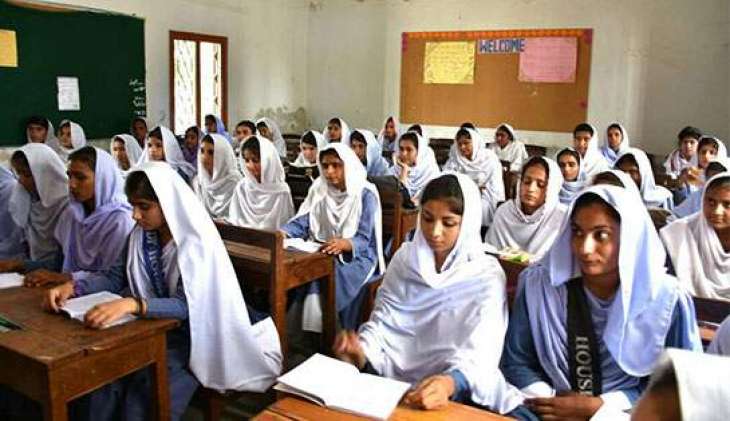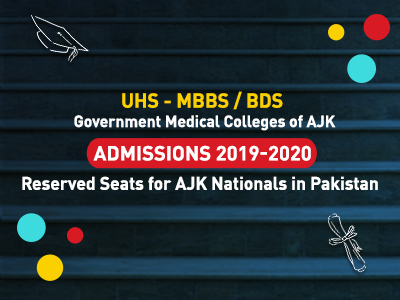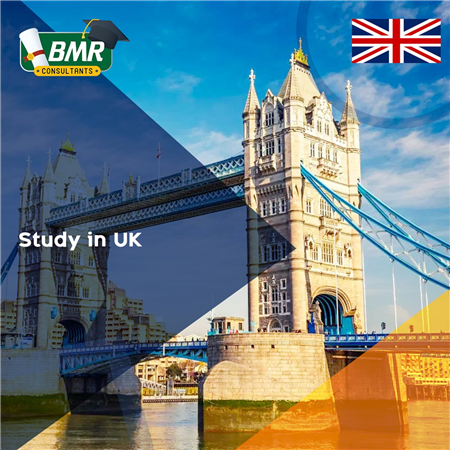What is Formal Education? Before discussing Formal Education, let us first clear how many types of education are available for the students. Education is of paramount importance in the modern world. It serves a great purpose in building up the personality of an individual as well as the progress of a society. Different countries in the world need good educational systems that promise to preserve their history and culture.
Types of Education
When it comes to the types of education, it is not confined to the four walls of a classroom. There are three main types of Education.
These three types are,
- Formal Education
- Informal Education
- Non-Formal Education
What is Formal Education?
What is Formal Education? Formal Education refers to the education of children at school. This is the reason that it is called ‘Formal Education’. It is the most structural and systematic learning for children. Students can learn basic learning skills and explore their capabilities at the school level. This learning process of formal education begins from the elementary level at school and ends with the Secondary School.
The teacher-student bond is very important in the formal education. Teachers and professors develop a bond with their students and polish their skills. The class discipline and students’ behavior is also taken into account during this type of education. Teacher-student bond is developed and there is a keen learning process in the classrooms.
As we know that formal education is class-based, so everything a student learns comes in the form of books, notes, teachers’ advice, or classroom activities. One important thing that should not be compromised in formal education is the attendance of the students. Students have to appear in the classroom on a regular basis and if any students fail to do so, then a formal meeting with his or her parents is being arranged by the school management. There are fines and other penalties if students fail to fulfill certain requirements in Formal Education. Attendance is a mandatory option in Formal Education.
What are the examples of formal education?
- Classroom Learning Process
- School Grading
- Follow Proper Syllabus
Formal Education System
Now let us discuss what Formal Education System is,
- A Formal Education System is very planned and calculative
- Formal Education System is based on the regular payment system.
- In the Formal Education System, teacher are bound to complete the syllabus within an assigned time period
Pros and Cons of Formal Education
Now, we will discuss the advantages and disadvantages of Formal Education!
Pros of Formal Education
- It is the most structural and systematic learning for the children
- Professional as well as trained staff are being assigned to teach students
- There are more career opportunities for students who give the best performances
- It is an organized education given to the students to enhance their learning process
- Students’ yearly progress and attendance is strictly taken into account in Formal Education
Cons of Formal Education
- Sometimes, students feel boredom during the classroom activities
- The academic session can be too long to attract students’ attraction
- There are some educational institutes that lack the proper discipline and trained staff, hence formal education is being questioned there
- Formal education is quite expensive










